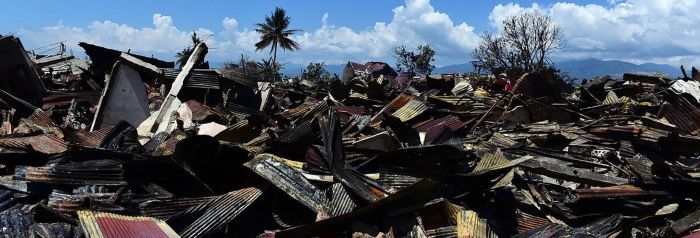(3 Minutes Read)
Women farmers, particularly smallholder farmers in vulnerable communities, continue to suffer systemic discrimination, contributing significantly to food insecurity and impeding inclusive economic growth.
The United Nations Office for Disaster Risk Reduction (UNDRR) reports that after climate-related disasters, such as droughts and floods, women take a longer period to recover economically due to a lack of access to insurance, savings, and social protection.
It indicated that repeated droughts across Africa, including Ghana, especially between 2020 and 2023, have left millions of women and children displaced or they face food insecurity, exacerbating maternal health and nutrition challenges.
Women farmers, particularly smallholder farmers in vulnerable communities, continue to suffer systemic discrimination, contributing significantly to food insecurity and impeding inclusive economic growth.
Read Also:
A World Bank report in 2014 indicated that only one in 10 women farmers in Africa had access to formal credit facilities or agricultural insurance, underscoring the urgent need for more inclusive policies.
Over the years, Ghana has introduced several agricultural insurance schemes as part of efforts to mitigate the risks associated with climate change and market volatility. While these policies have provided some relief, structural limitations have hindered their ability to adequately include vulnerable groups, especially women, who constitute a significant portion of the agricultural workforce.
For instance, in 2011, Ghana launched its flagship insurance policy, the Ghana Agricultural Insurance Pool (GAIP), a public-private partnership providing weather-index and area-yield insurance for both smallholder and commercial farmers.





